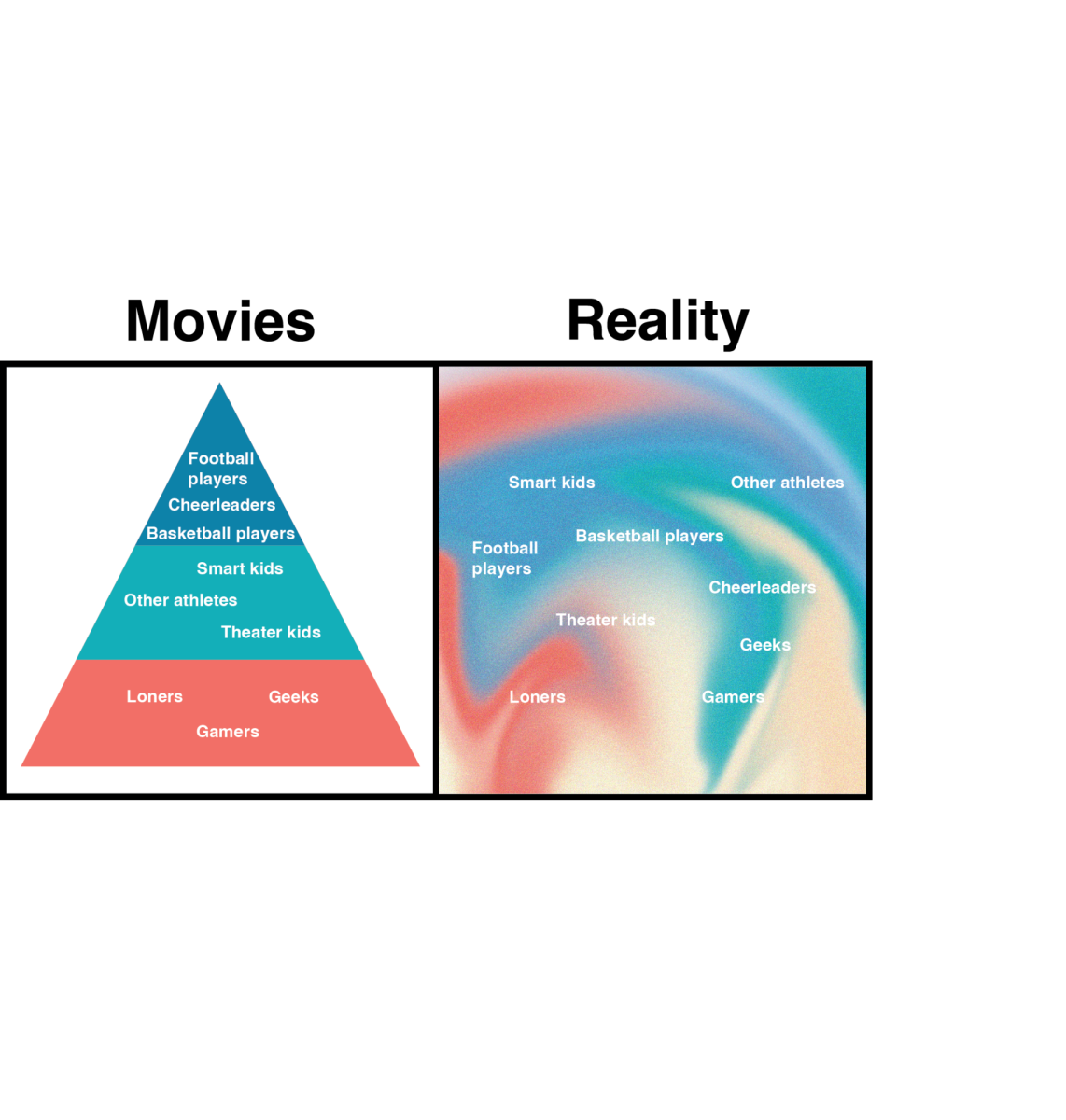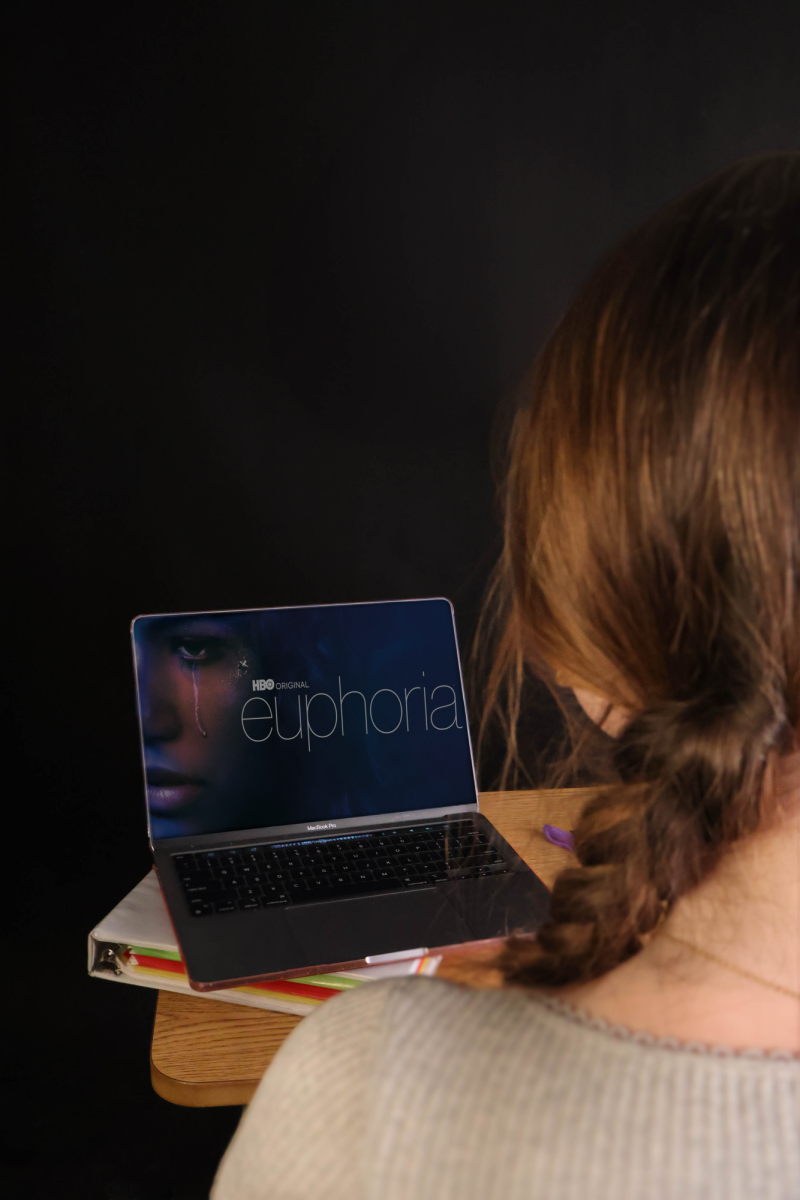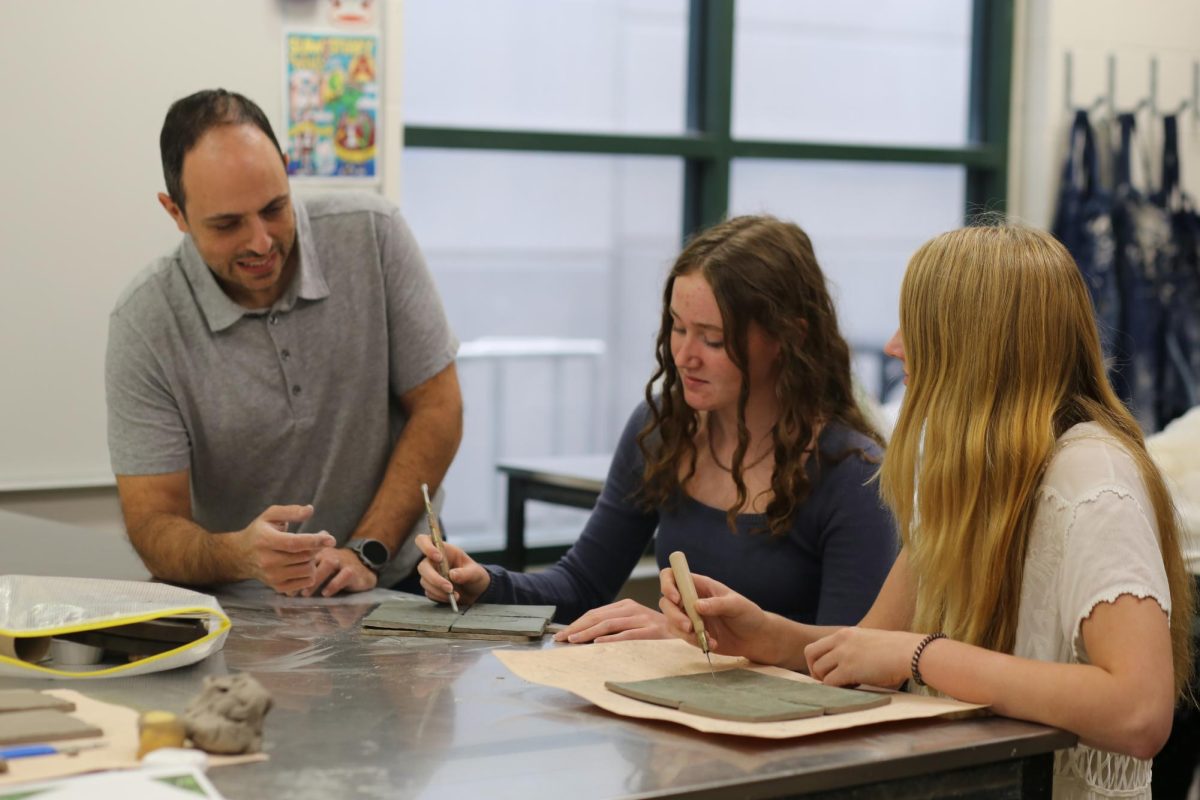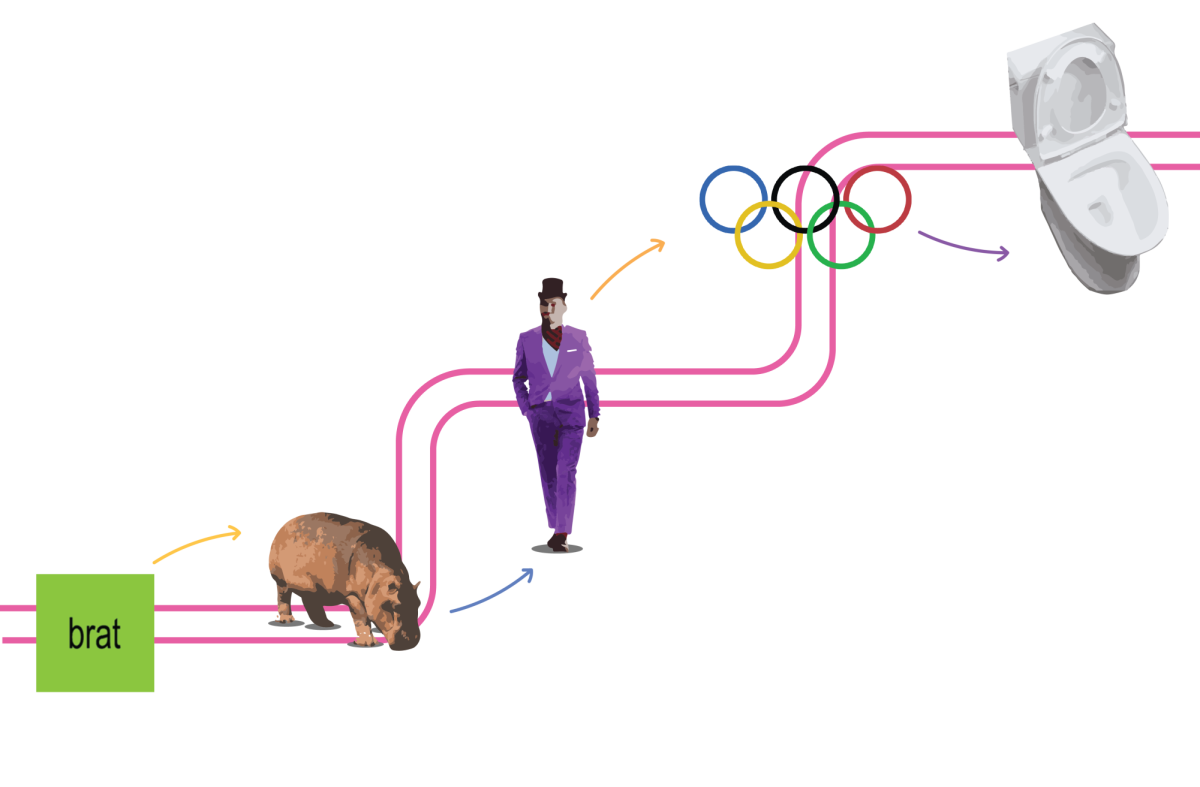Childhood is the most influential time in a person’s life; it is the basis of life as it shapes beliefs about the world through experiences. As the world changes, so does childhood.
“I think that if I was to encapsulate like my childhood, it was this ability to round up neighborhood friends and play on my street,” College Counseling Assistant and Gen Xer Megan Tanis said. “Summers were all about being together and playing with friends in the neighborhood. That’s what I’m probably most nostalgic about is just being so carefree.”
When comparing childhood in the past versus now, it looks different. Older generations used to spend hours playing outside, but now more kids spend their time differently than their parents. This difference in experience can cause generational gaps, which refer to the gap between the beliefs and behaviors of different generations. The state of the world drastically impacts how generations grow and develop because generations are shaped by childhood events.
There is a large gap between the Boomer, Gen X, and Millennial generations versus Gen Z. This is partly due to the fact that they are the first generation to be completely immersed in technology, which has significantly impacted the childhoods of Gen Z and Gen Alpha kids.
“I feel like it’s true to an extent where we are more connected to technology than like other generations are, but everything’s just experienced differently from a different point of view,” 8th Grader and Gen Zer Mia Prince said.
Technology has been a constant presence in the lives of Gen Z children as they have grown up. For generations who didn’t grow up with technology, the progression of technology was more intense.
“Technology alone has dramatically changed,” Fine Arts teacher and Baby Boomer Maureen May said. “I feel like the honest connection of looking somebody in the eye and just being able to, like, read somebody’s mind, because they’re looking at you. I feel like that’s something that we totally don’t get enough of anymore.”
The use of technology so casually wasn’t common during these generations, even Millennials who were slowly introduced into the technology world.
“We were outside a lot, I don’t remember people playing video games when I was younger,” English teacher and Millenial Hannah Shuttler said. “I was also in the new age of people getting computers like we couldn’t use my home computer and be on the phone at the same time. It was just very different, there was a lot of running around, and I was not inside a whole lot.”
Normal activities for kids 30 years ago aren’t as widely accepted now.
“I would definitely say it was way more relaxed,” Tanis said. “If I was going to a sleepover my mom and dad wouldn’t come over and look at the house and meet the parents and just check things. It was just like okay, have fun, I’ll see you in the morning.”
Safety has become an increasing issue among parents. The abduction of Adam Walsh in 1981 served as a reality check to parents, and the way parenting was approached changed drastically.
“When my kids were little, all of a sudden, we heard about a lot of child abductions,” May said. “That used to freak me out. I think that’s a bit why we got there, it’s just heartbreaking. And you can’t help but pull your kids a little closer.”
The idea of “helicopter parenting” has taken off, as more parents become more involved in their children’s lives. According to the Journal of Family Medicine and Primary Care, 83% of parents display traits of helicopter parenting.
“I don’t think parents had the same overly heightened worry,” Tanis said. “We’re all exposed to so much that happens to kids all over the world so as a mom I’m very careful.”
As parenting changed, the safety of children became a very important issue. More emphasis was put on schooling, and academic rigor increased. This increased the pressure and involvement of parents.
“I feel like children now in general are a lot more scheduled,” May said. “There’s very little free time for [kids].”
The American Psychological Association revealed that 91% of Gen Z reported that they have experienced some physical or emotional symptom of stress, making Gen Z the most anxious generation.
“I don’t think I had as much pressure as you guys,” Shuttler said. “Watching guys apply to colleges and talking about what is expected of you. I felt pressure to go to a good college but I think it’s so different because the information is so widespread. It’s hard when we’re so competitive with each other so we feel the need to be the best.”
The pressure to succeed has always been prevalent, but it is felt even more now by Gen Zers. While they begin to grow up and start lives of their own, 83% of Gen Z feel pressure to reach certain life milestones. As Gen Alpha begins to come onto the scene, we can’t help but ask: what is next for childhood?















